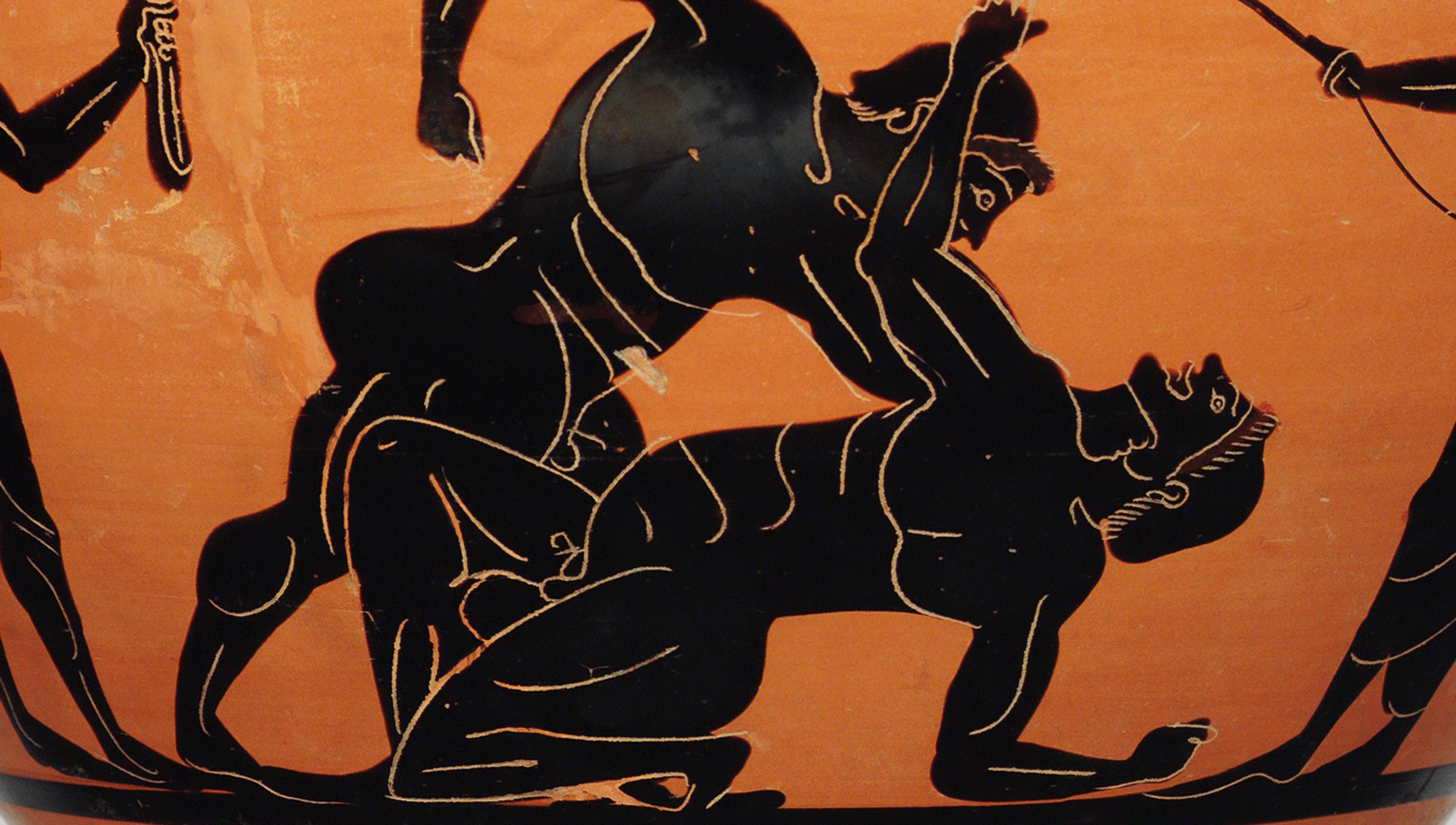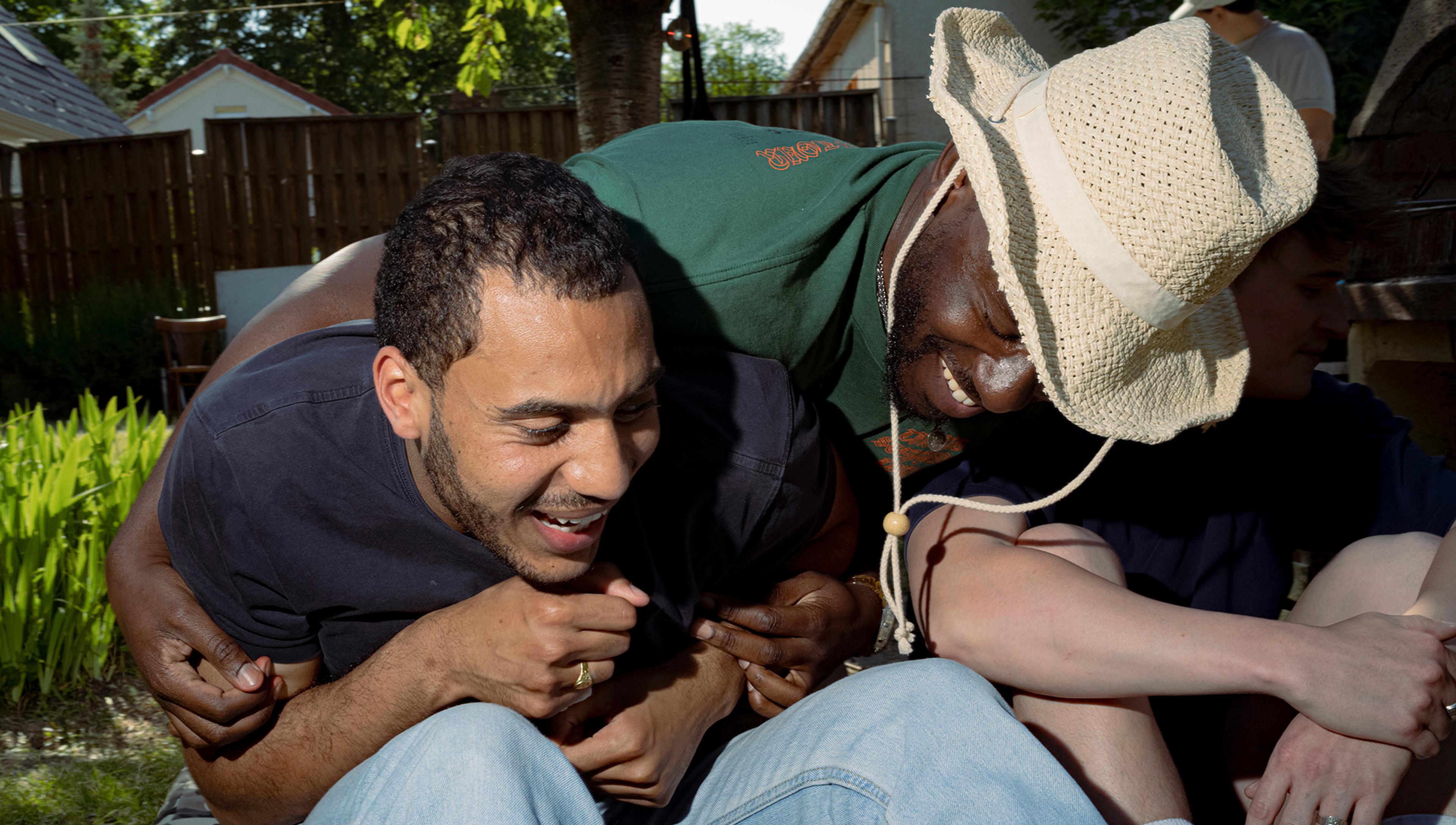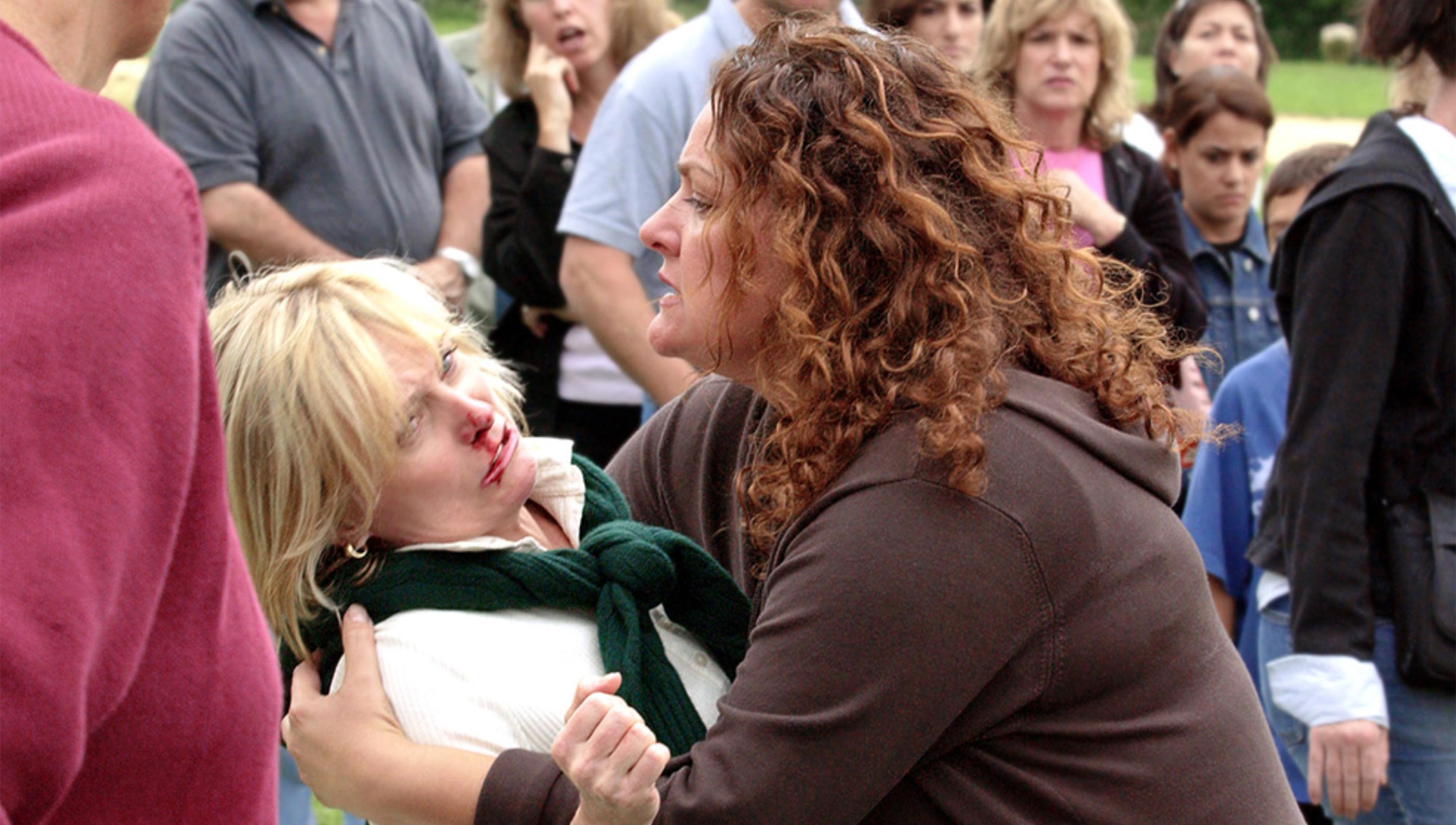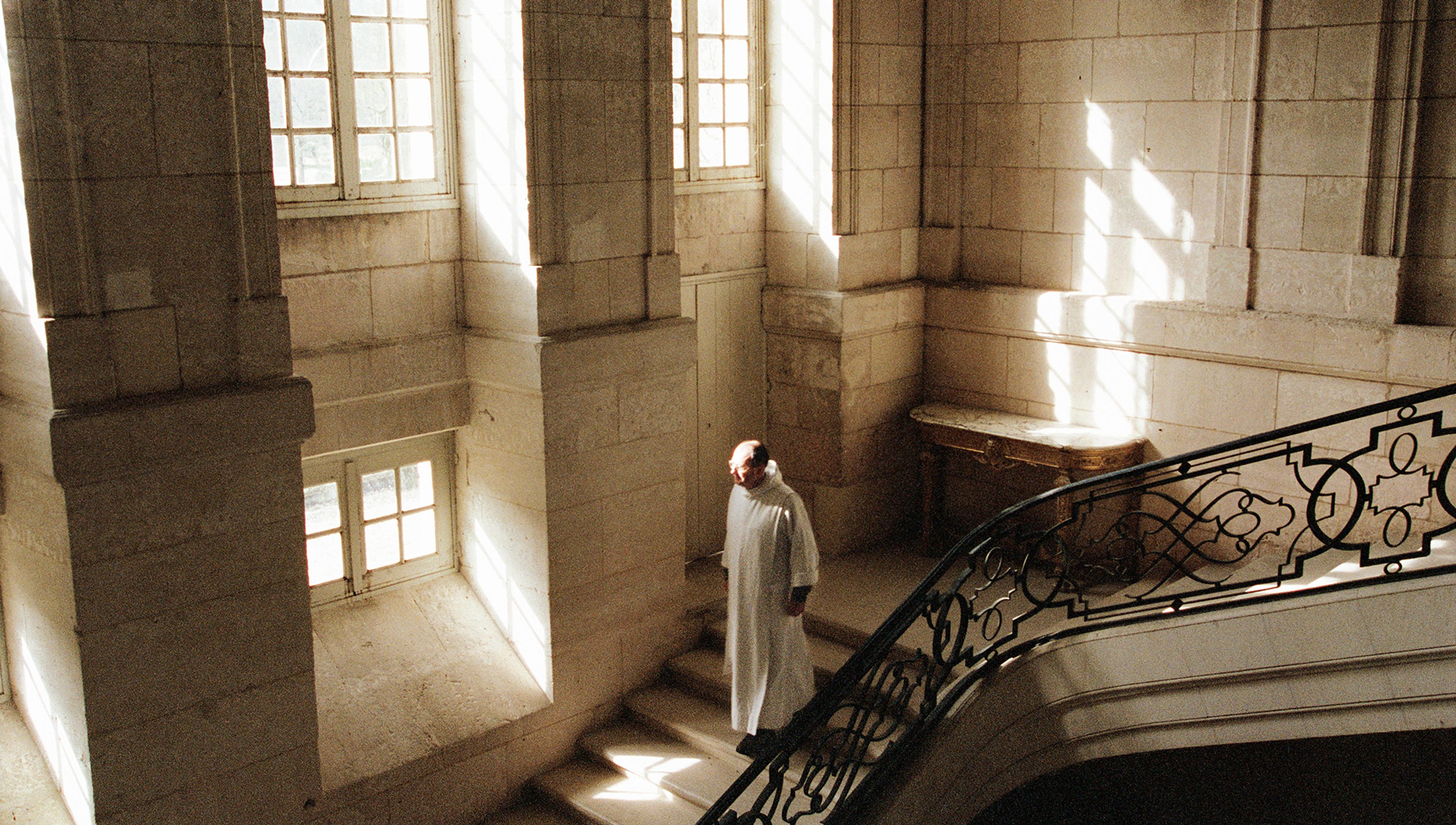The Stoics approached self-improvement as an athlete approaches sport: the key is to keep practising in the face of failure
It is easy to think of philosophy as something only cerebral, theoretical or academic. Terms such as ‘ethics’ or ‘virtue’ draw to mind a scholastic lecture, hypothetical arguments, or thought-experiments. But when philosophy developed in ancient Greece, ethics was thought of as an applied skill. To these ancient schools of thought, philosophy was not just something to be discussed, but something meant to transform the individual. It aimed to shock students out of their ignorance and complacency, and turn them into someone more courageous, just, temperate and wise, not simply someone better at describing or debating ideas in the classroom.
Stoicism was one of these ancient schools of thought. Stoics saw virtue as an ability that had to be intentionally cultivated, rather than a mere idea to be pondered. Like one’s capacity at warfare, athletics or carpentry, being a good person was a skill developed through years of diligent study, practice and training. This means that, according to the Stoics, all other skilled individuals become examples we can learn from. The Greek Stoic Epictetus (c50-c135 CE), for example, was particularly inspired by athletes. In his view, athletes are the archetype of self-improvement, and anyone who wanted to be a better person, to cultivate this most important skill, could learn from their example.
The first thing to learn from athletes is that they prioritise action over theory. At a fundamental level, sport is about performance. No athlete just theorises about their ability; they test themselves on the field and in the ring. And if there is a problem with a technique, or their fitness, or their game plan, they go back to fix it. They do not make excuses for that problem, because they trust performance as the best metric for progress.
In other words, sport is fundamentally about what you do when the chips are down, not what you say or plan beforehand. What matters is how well you perform in the moment. Athletes have skin in the game when it comes to their progress. There is a consequence for a lack of improvement, and that consequence holds athletes accountable. Improvement is not just something hypothetical, but something tested, with consequences for failure, and rewards for victory. And these consequences drive forward self-improvement.
When we do not act upon what we think is right, we are acting like an athlete who trains but never competes. What is the point?
Epictetus, who ran his own school for Stoicism in Nicopolis, Greece, realised that his students had a habit of theorising about ethics, rather than practising it. They had learnt Stoicism but were still waiting to change themselves. In response, Epictetus appealed to athletes:
How much longer will you delay before you think yourself worthy of what is best, and transgress in nothing the distinctions that reason imposes? You’ve acquired knowledge of the philosophical principles that you ought to accept and have accepted them. What kind of teacher, then, are you still waiting for, that you should delay any effort to reform yourself until he appears? … let everything that seems best to you be an inviolable law for you. And if you come up against anything that requires an effort, or is pleasant, or is glorious or inglorious, remember that this is the time of the contest, that the Olympic Games have now arrived, and there is no possibility of further delay, and that it depends on a single day and single action whether progress is to be lost or secured.
We have all been like these students at some point in our lives. We have all felt we should do something differently, but we fail to act. Maybe it is standing up to a bully at work or giving our time to help another person. Maybe it is apologising when we know we are wrong. Maybe it is taking accountability for our own physical health and habits. For whatever reason, we have a notion of what is right, but do not act upon it.
Epictetus implores us to look to athletes. When we do not act upon what we think is right, we are acting like an athlete who trains but never competes. What is the point? This moment that makes us uncomfortable, this action we think we should take, this is our Olympic Games, this is our chance to compete. We need to act. We need to perform. And even if we fail or make mistakes, at least we tried, and now have feedback about where we can improve further. At least we have put our skin in the game.
This kind of discussion naturally leads to the difficult question of what the ‘right’ thing to do is. And this is typically where theory comes in. For the Stoics, the right action was about acting in accordance with nature, including your nature as a rational being, and your nature as a social animal with obligations to others. This meant recognising virtue and character to be the highest good, and not compromising those for any external reward or punishment, such as money and fame or death and imprisonment.
There is an immense value to thinking about these questions and considering other answers. It is also not good to blindly accept what the Stoics, or anyone else, has to say on the matter of how to live. My argument is to make sure you do not get stuck only theorising, for two good reasons. First, most people already know what it is like to be acting below what they recognise to be their own potential. And, second, these questions about the ‘best’ thing to do are complicated. You will learn as you go, and your views will change over time. But if you start acting in good faith now, trying to be better, and trying to improve, then you can learn from those mistakes. The person who is willing to play a sport poorly learns a lot quicker than the one who refuses to play unless they already know everything.
So, in the pursuit of becoming a better person, you must prioritise action over theory. Character is built through the iterative process of acting, failing, and then acting again. Just as you become a better runner by running, you become more courageous and kinder by doing courageous and kind things.
Athletes since Epictetus’ time turn hardship into opportunity by looking for the lessons within a failure
But we can strive to be better only if we are also resilient, because improving ourselves is hard. To become resilient, Epictetus argues that we should once again look to the example of athletes. Good athletes are tough. Training and competition are not psychologically easy, and athletes have to confront both physical pain and the emotional struggle that comes with failure and defeat. But they manage to persevere. When we make a mistake, Epictetus asks us to be like athletes:
First of all, condemn your own actions, and then, after having condemned them, don’t give up on yourself … You should learn instead from what the wrestling masters do. The boy has taken a fall: ‘Get up,’ he says, ‘and resume the fight until you grow strong.’
When we fail to act well, or do what we know is right, channel the spirit of a wrestling coach. We should tell ourselves to get up and try again until we get stronger. But how do we develop this kind of resiliency? Athletes since Epictetus’ time have developed a trick we can borrow: they turn hardship into opportunity by looking for the lessons within a failure. Here is a conversation Epictetus had a with student about this topic:
‘Is it possible, then, to derive advantage from [hardships]?’ [The student asked.]
Yes, from all of them.
‘Even from someone who insults you?’
And what advantage does a wrestler gain from his training partner? The greatest. And that man, too, who insults me becomes my training partner; he trains me in patience, in abstaining from anger, in remaining gentle … And yet you say that if someone trains me in abstaining from anger, he brings me no benefit? It is simply that you don’t know how to draw advantage from other people.
When you lose your temper with someone who is rude, or unkind, do not think of them as an enemy. Think of them as a training partner in the character gym. They will push you, test your limits, and show you where you need to improve. If we can approach such situations as athletes would, we can learn to be grateful for difficulties and opportunities to fail. They show us where we can improve and give us the chance to practise what we have learnt. This way of reframing challenges and failures as opportunities is crucial for the resiliency required to practise self-improvement.
This Stoic outlook has implications for contemporary philosophy as a discipline as well. Academic philosophy has been for hundreds of years a primarily theoretical pursuit, focused on the ‘what’ of answering ethical dilemmas, but not the ‘how’ of self-transformation. In defence of philosophy, there are some notable exceptions to this ‘theoretical’ approach, such as the effective altruism movement and many other types of political philosophy aimed at social change. There is also an immense value to answering theoretical questions. But we do not want the value of theoretical work to remain inert. We want these lessons to be used and manifested in human lives and behaviour.
Ethical philosophy, and people in general, would be better served if we approach these questions of how best to live like the Stoics did. If the Stoics and Epictetus are right, and being an excellent person is analogous to a skill or craft, then we should approach self-improvement and philosophy as athletes approach their sport: with an emphasis on action, and with the resiliency to keep learning and practising despite failure and struggle.



